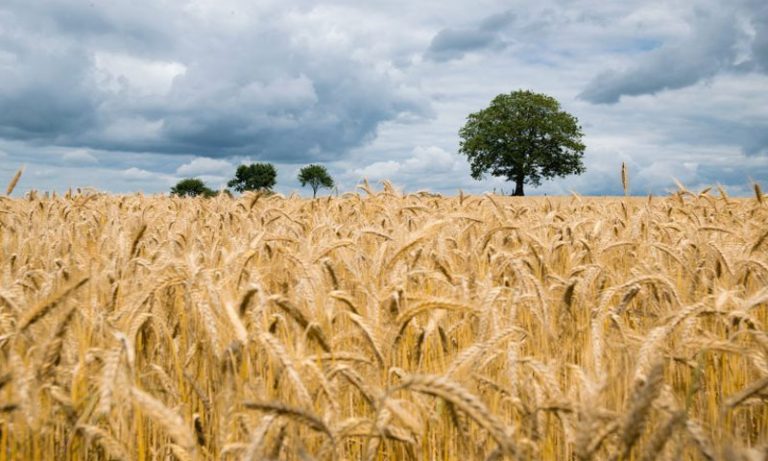Sindh Government Rejects Punjab’s Letter to IRSA Regarding Water Distribution

Karachi:The Sindh government has rejected the letter sent by the Punjab government to the Indus River System Authority (IRSA) regarding water distribution. Sindh’s Minister for Irrigation, Jam Khan Shoro, expressed his disapproval of the letter and emphasized that the water distribution should be in accordance with the 1991 Water Accord.
Jam Khan Shoro pointed out that Sindh faced a 62% water shortage in its canals during the first ten days of April, while Punjab’s canals faced a 54% shortage. He reiterated that the 1991 Water Accord mandates equal distribution of water shortages among the provinces.
He further stated that the current situation in Sindh is critical, especially for the cultivation of cotton and rice, as the province is only able to provide water for drinking purposes. Meanwhile, wheat harvesting is underway in Punjab.
In response to the Sindh government’s concerns, the Punjab government had written to IRSA on Monday, taking a firm stance on the water distribution issue. The letter from Punjab’s Irrigation Department raised concerns about the 16% overall water shortage for the Rabi crops, with Sindh receiving 19% less water and Punjab receiving 22% less. The letter also highlighted a 43% water shortage for Kharif crops, with Punjab receiving more than its share, and Sindh facing further reductions.
Additionally, the letter referenced the issue of illegal water supply to the Rice Canal at Sukkur Barrage, which was allegedly not addressed. It also pointed out that decisions made during the March IRSA Technical and Advisory meetings, which included providing water to the Taimur, Punjnad, and Chashma canals, have not been implemented.
The letter mentioned that, in the meeting, it was agreed to reduce pressure on Mangla Dam by providing water from Tarbela to Punjab’s TP and CJ canals, but due to insufficient water from Tarbela, additional water from Mangla is being diverted, resulting in a shortage of 17,000 to 20,000 cusecs.
Punjab’s letter concluded by expressing concern that the disparity in water distribution, with Punjab receiving less than its share and Sindh receiving more than its share, is leading to unrest among farmers and could create potential law and order issues.





